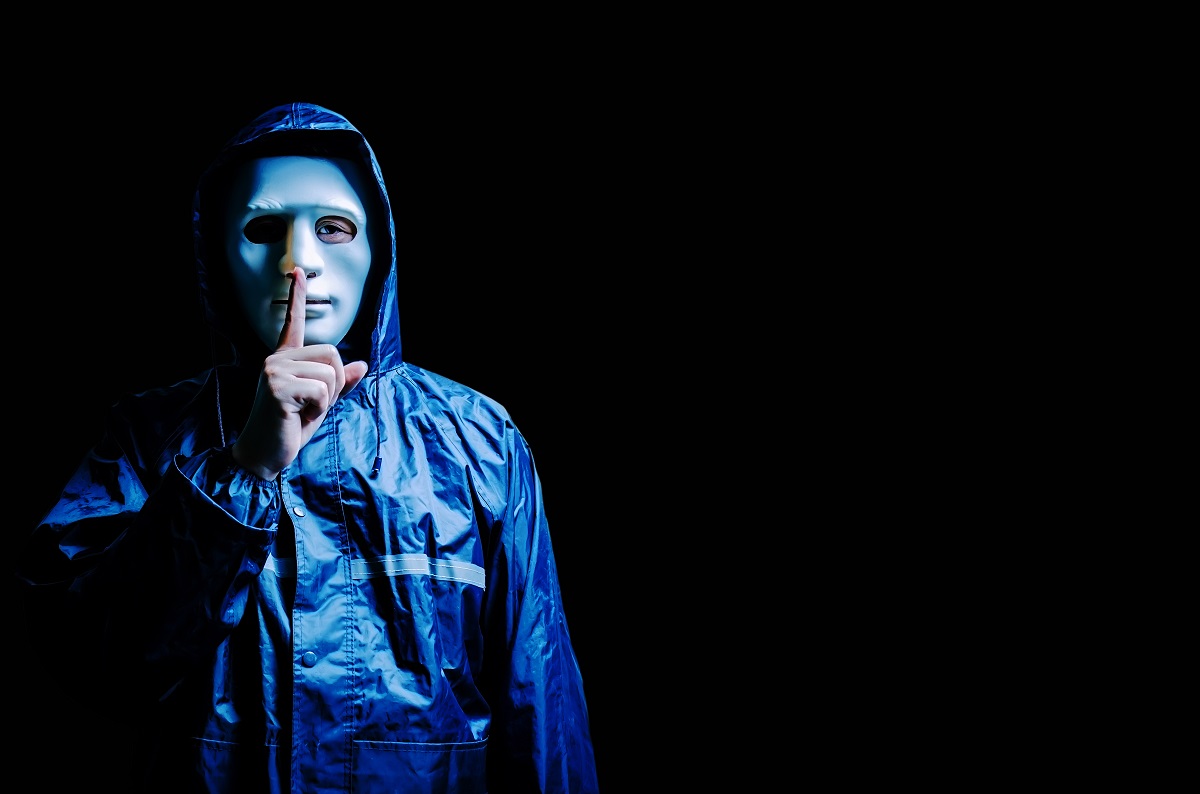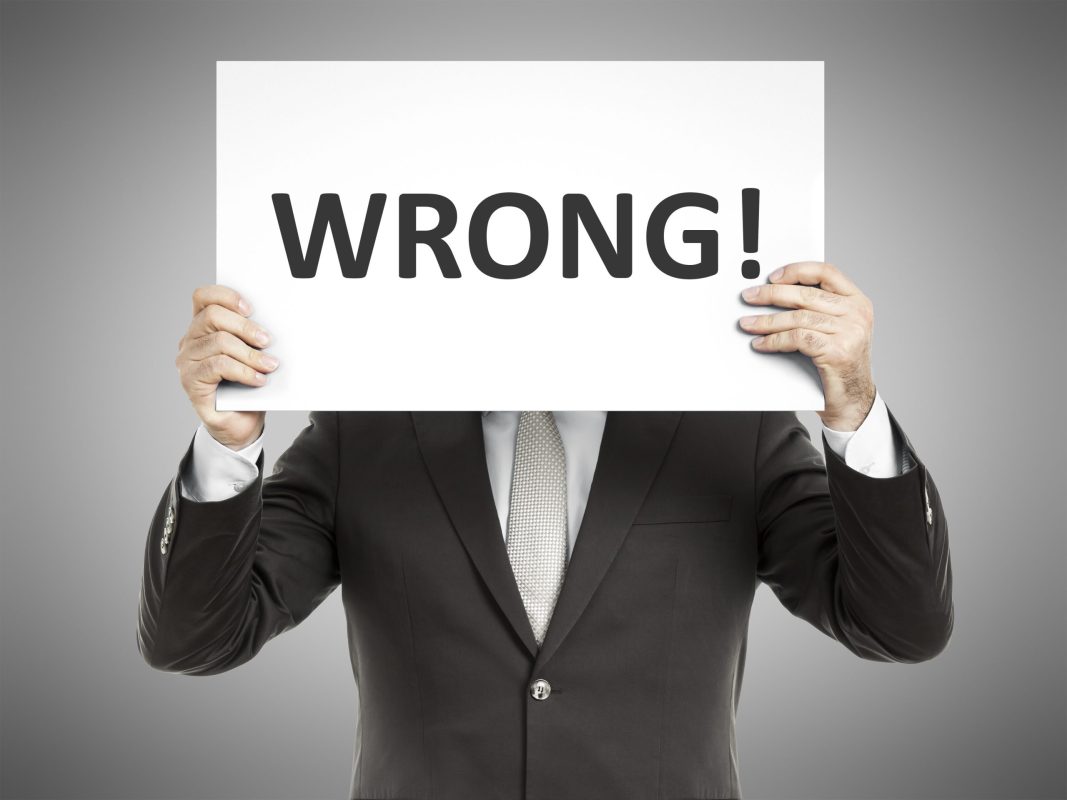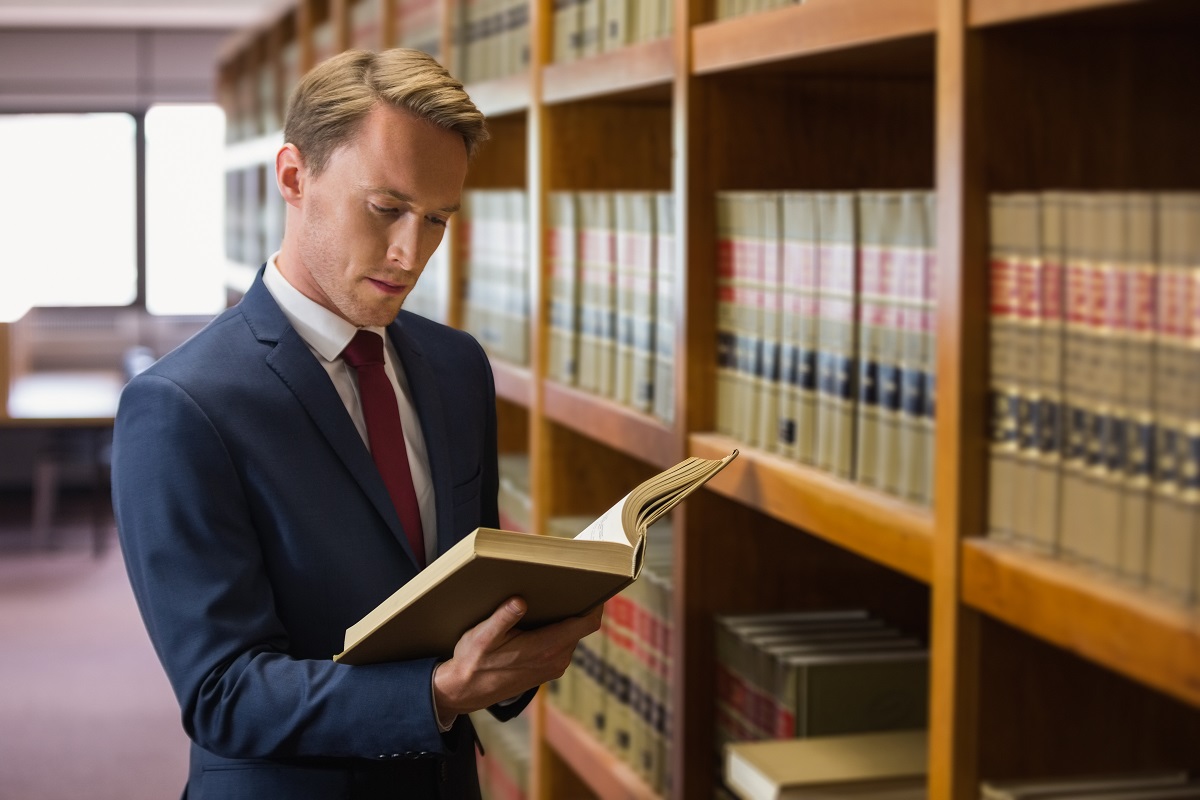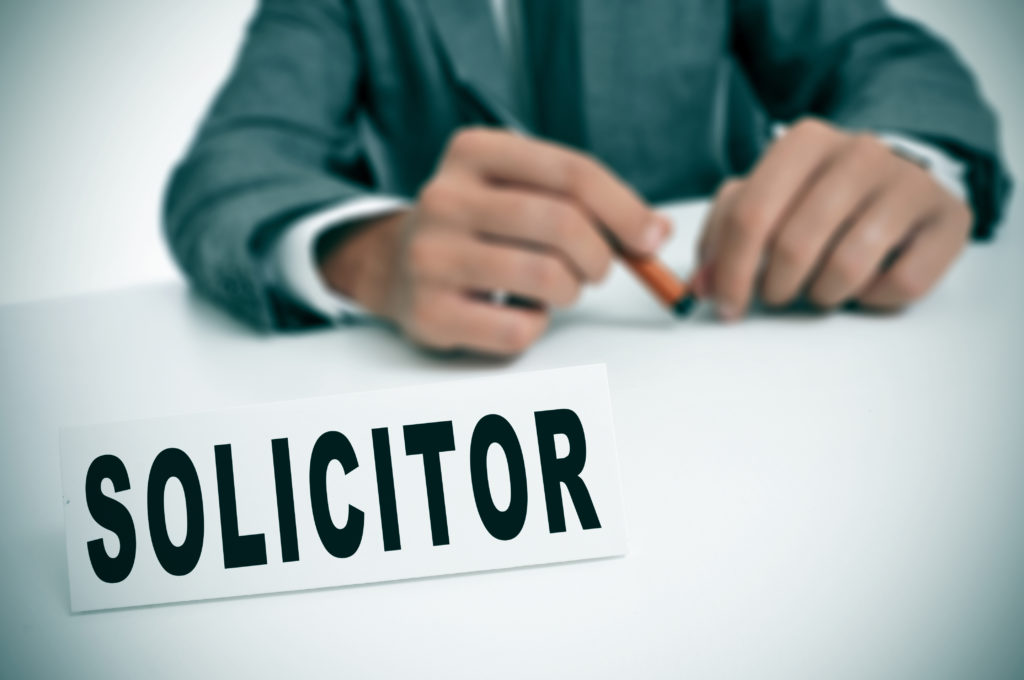Facing a legal charge can feel overwhelming, bringing uncertainty into your life. But here’s the thing: the legal system is complex, not just about the accused and the accuser. Sometimes, people unintentionally or intentionally obstruct the system that upholds justice. It’s called “obstruction of justice,” a crucial aspect of legal proceedings with some serious consequences.
Obstruction of justice is a grave offense that undermines the fairness and transparency of the legal system. It’s like a major roadblock to the pursuit of truth, weakening the administration of law and eroding public trust. When you start messing with investigations, evidence, or witness testimonies, you’re disrupting the natural flow of justice and posing a significant threat to society’s functioning.
Therefore, if you’re charged with obstruction of justice, it’s essential to understand the details of the offense and the possible ways to deal with it. This article discusses everything you need to know about how to beat obstruction of justice charges and the options available for those facing such a serious allegation.
What do you mean by Obstruction of Justice?
Obstruction of Justice refers to deliberate actions that hinder, manipulate, or impede the proper functioning of legal processes. This offense encompasses various forms, including witness tampering, where influencing or threatening witnesses distorts truth; destruction of evidence, deliberately eliminating crucial information; and perjury, knowingly providing false statements under oath.
Real-life cases, like the Watergate scandal, highlight its impact – Nixon’s attempt to cover up the break-in disrupted investigations. Such acts compromise justice and erode public trust, emphasizing the importance of maintaining the integrity of legal proceedings and upholding transparency within the justice system.
Common Defenses to Obstruction of Justice
When it comes to obstruction of justice charges, there are several legal defenses that can be used to prove innocence or reduce culpability. One common defense is the lack of intent, where the accused shows that their actions were unintentional and not meant to obstruct anything. This defense argues that the accused didn’t have any deliberate purpose to hinder legal proceedings but acted with innocent intentions. For instance, mishandling evidence unknowingly because they weren’t aware of its significance could fall under this defense. Overall, there are ways to challenge these charges and establish innocence or mitigate the level of responsibility.
Another vital defense strategy is to deny false accusations or mistaken identity. In these cases, the accused challenges the validity of the obstruction allegations by showing that they were wrongly identified or falsely implicated. Proving an alibi, providing evidence of being in a different location when the alleged obstruction occurred, or offering a credible alternative explanation for their actions can weaken the prosecution’s case.
These defenses highlight how essential context and intent are in obstruction of justice cases. Showing no intention to obstruct can help shift the focus from deliberate wrongdoing to an unintended mistake. Similarly, the defense of false accusations or mistaken identity challenges the accuracy of the allegations, bringing attention to the potential for errors in the investigation process or even malicious motives behind the allegations. Ultimately, using these defenses requires a solid understanding of the specific circumstances and legal precedents and presenting evidence effectively to ensure a fair and just outcome in obstruction of justice cases.
Consequences Of An Obstruction Of Justice Conviction
Being convicted of obstruction of justice carries significant penalties and consequences. Offenders may face substantial fines, prolonged imprisonment, or probation, depending on the severity of the offense. Fines can impose heavy financial burdens, while imprisonment limits personal freedom and disrupts livelihoods. Probation entails strict supervision and compliance with court-ordered terms.
Statistics on obstruction of justice cases and outcomes vary by jurisdiction and timeframe. Thousands of cases occur annually, with results ranging from acquittals to convictions. Specific statistics can be found through legal databases and reports from law enforcement agencies, offering insights into the prevalence and impact of obstruction of justice within the legal system.
How To Beat Obstruction Of Justice Charge
To beat an obstruction of justice charge, individuals should consider crucial steps. First, hire an experienced defense attorney well-versed in these cases to navigate the complex legal landscape. They’ll craft a tailored defense strategy and protect your rights. You can find an attorney specializing in obstruction of justice cases from a legal aid clinic, private law firm, or public defender’s office.
Collect compelling evidence, such as communications, documents, or surveillance footage, to challenge allegations. These should be authenticated and appropriately organized to strengthen your defense. Such records can support your claims that the obstruction was unintentional, false accusations were made, or the alleged conduct didn’t occur.
You can also present credible witnesses to testify on your behalf and counter prosecution claims. Building a robust defense requires meticulous preparation, including dissecting timelines and motives.
Your attorney will scrutinize procedural errors, constitutional violations, or lack of intent to weaken the case against you. By following these strategies and collaborating closely with a skilled attorney, you enhance your chances of successfully challenging an obstruction of justice charge.
Final Thoughts
In conclusion, navigating the realm of obstruction of justice demands a proactive approach. From understanding the intricate defense strategies, like lack of intent and false accusations, to recognizing the far-reaching consequences of a conviction, it’s evident that obstructing justice undermines the very foundation of a just legal system. Let this serve as a reminder of the imperative to uphold transparency, respect due process, and work in harmony with the law, ensuring the integrity of the collective pursuit of justice remains unwavering and unyielding.






